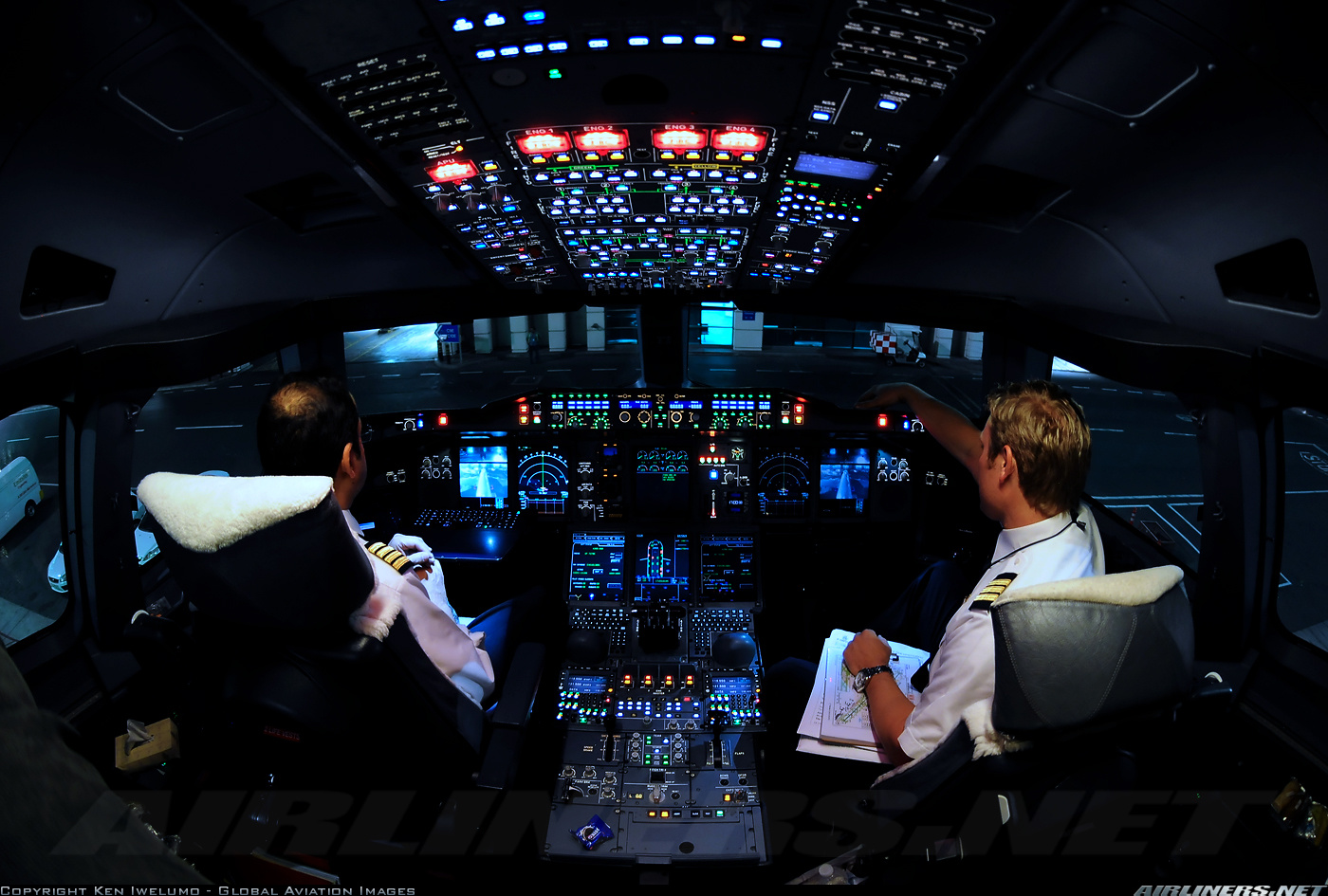The co-pilot of the crashed Germanwings plane appears to have “intentionally” brought the plane down while his captain was locked out of the cockpit and banging to be let back in, prosecutors said Thursday.
First Officer Andreas Lubitz, 28, was alone at the controls of the Airbus A320 as it began its rapid descent, Marseille Prosecutor Brice Robin told a news conference.
“Banging” sounds also were audible, he said, suggesting the captain was trying to force his way back into the cockpit. However, the reinforced cockpit door was locked from the inside and could not be overridden, even with a coded entry panel.
“If he had been able to open this door, the captain would have done it,” Brice said.
Lubitz, a German national from the town of Montabaur, “didn’t say a word” during the descent, according to Brice, who said no distress signal or radio call was made.
“There was no reason to put the plane into a descent, nor to not respond to… air traffic controllers,” he said. “Was it suicide? I’m not using the word, I don’t know. Given the information I have at this time … I can tell you that he deliberately made possible the loss of altitude of the aircraft.”
The current interpretation, Brice added, is that the co-pilot had “a desire to destroy this plane” though there was nothing to indicate a terrorist connection.
Germanwings’ parent company, Lufthansa, earlier said Lubitz joined the airline in September 2013, directly after training, and had flown 630 hours.
His captain was an “experienced” pilot, with more than 10 years’ experience with the organization and more than 6,000 flight hours on the Airbus model.
Many airlines, especially U.S. carriers, have a flight attendant sit in the vacant seat if a pilot leaves, for example during a bathroom break.
While Lufthansa earlier Thursday would not comment on its cockpit security procedures, it said it followed rules set out by German authorities that allow temporary absence from the flight deck.
Former pilots and aviation experts told NBC News that most planes have coded entry door controls, but these can be overridden with a double lock — a practice implemented industry-wide after the 9/11 attacks.
(via NBC)







